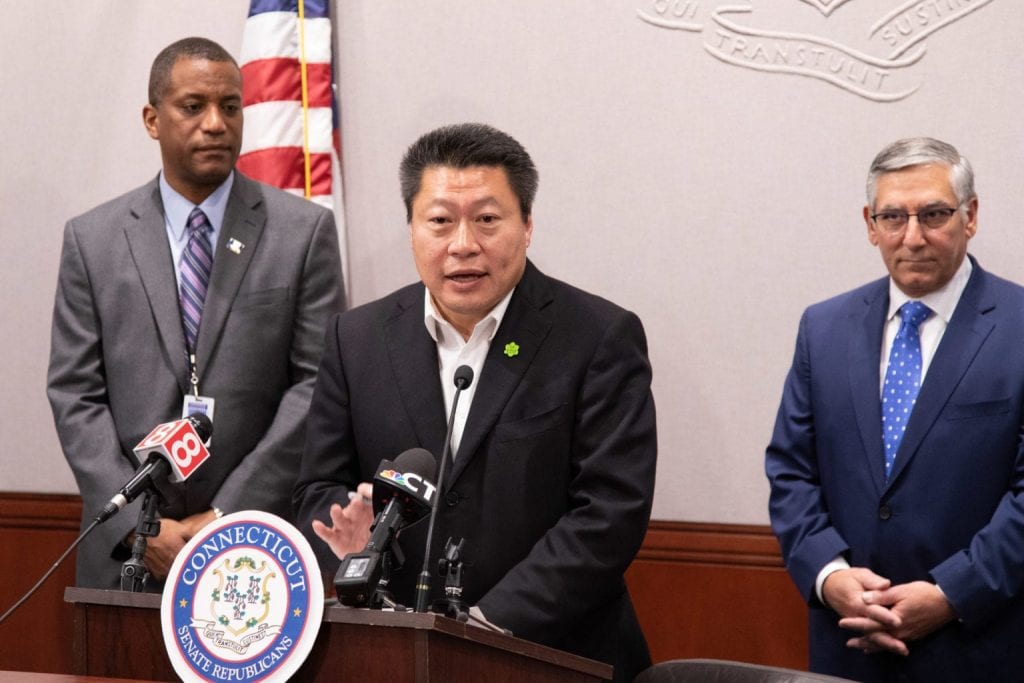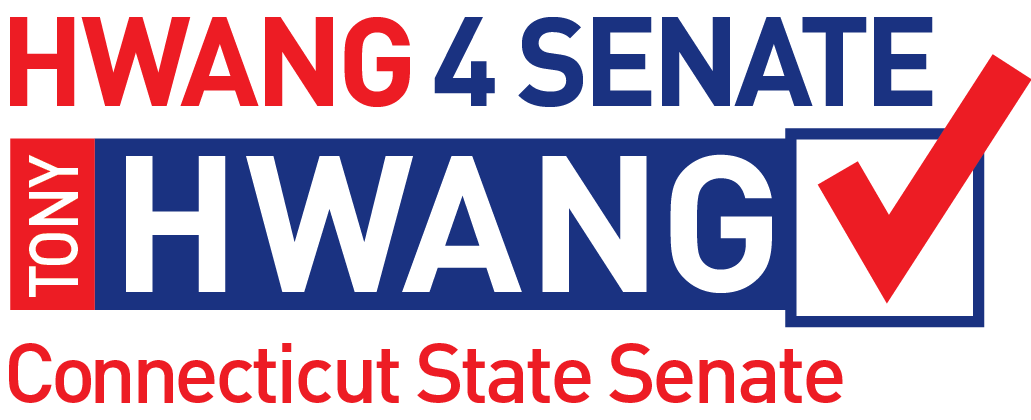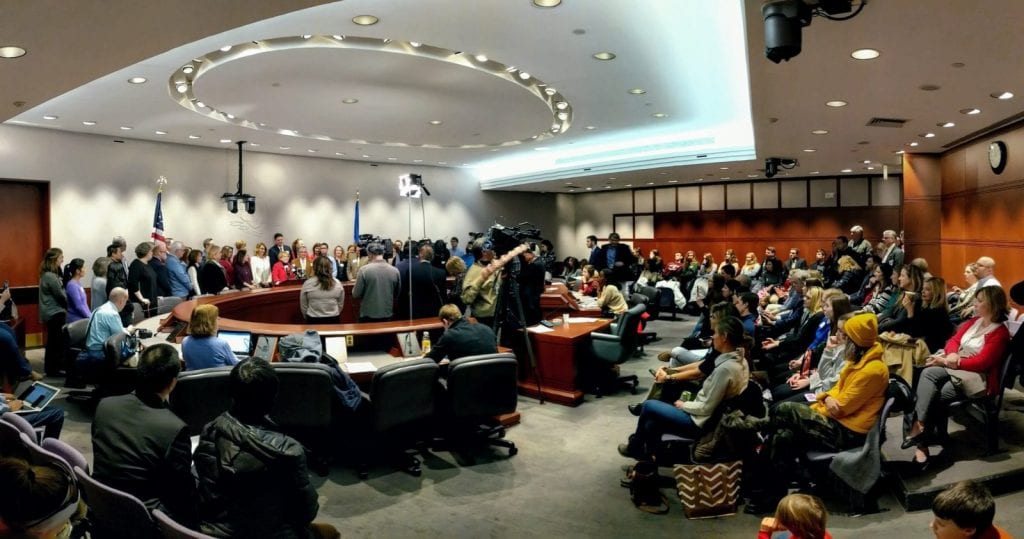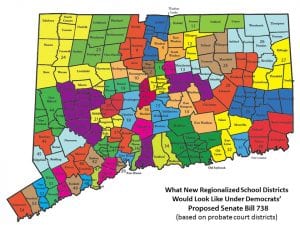Senator Tony Hwang Raises Awareness of Dangers in Youth Use of Nicotine E-Cigs and Vaping
 Senator Hwang advocates raising health awareness and regulation on youth purchase of nicotine, tobacco products while maintaining choice for those 21 years or older.
Senator Hwang advocates raising health awareness and regulation on youth purchase of nicotine, tobacco products while maintaining choice for those 21 years or older.
State Senator Tony Hwang joined his fellow Senate Republicans for a press conference concerning a Safe & Healthy Connecticut in February to support the passage of certain health and safety bills including one aimed at combating youth vaping and nicotine addiction.
HB 7200 – An Act Prohibiting the Sale of Cigarettes, Tobacco Products, Electronic Nicotine Delivery Systems and Vapor Products to Persons under Age Twenty-one.
This Bill would raise the minimum age to purchase cigarettes, tobacco and vaping products from 18 years old to 21 years old. Senator Hwang emphasized his respect of individual freedom of choice for those 21 years or older to make their own personal health decisions, without government mandated policies.

HB 7200 is intended to protect our youth. Medical science has proven that brain function and physical health is severely affected in those using nicotine that have not yet fully developed. According to the 2017 Youth Tobacco Surveillance Report, among teens who reported using electronic cigarettes within the last 30 days, 59.3% said they obtained them “From a Friend”. This bill seeks to lessen the chances of teenagers obtaining tobacco and vaping products from friends and classmates who are already 18 years old.
“The prevalence of e-cigarette use and vaping among our younger population is a very serious and alarming issue. These products are often marketed to young people in a similar manner as the Joe Camel cartoon from Camel Cigarettes that was banned many years ago,” said Senator Hwang. “The development and marketing of flavors like bubblegum and cotton candy are targeted squarely at younger potential users. Furthermore, these companies market their products as a ‘safe alternative’ to cigarettes when in reality, they are not. These devices often contain higher amounts of addictive nicotine than cigarettes, and we are creating pipeline of younger users vulnerable to damaging lifetime health effects.”
“I am also very concerned about the finding from the 2017 Connecticut Youth Tobacco Surveillance report that more than half of e-cigarette users had used their vaping devices for substances other than nicotine, including marijuana and THC oils.”
The American Cancer Society emphasized that effective Tobacco 21 legislation should include all tobacco products, including, but not limited to, electronic cigarettes and should also provide for public education, training for retailers, and enforcement measures related to retailer licensing.
Senator Hwang offered, “I am open to this legislation being about more than just the legal age to purchase electronic cigarettes. I am open to discussions surrounding restrictions on flavors, enforcement mechanisms, and broadening the legislation to include all tobacco products. Anyone age 21 years or older is entitled to freedom of choice, but I believe it is our job to protect young people from those wishing to profit at their expense.”
According to the 2018 National Youth Tobacco Survey, increased use of e-cigarettes (78% increase among high schoolers, 48% increase among middle schoolers) has driven a 38% increase in use of any tobacco product among high school students.
“The data show that e-cigarette use is hurting the progress we have made when it comes to controlling tobacco use among teens. We need to act now to ensure that this epidemic is stopped in its tracks.”
You can find the video of Senator Hwang’s participation in the Senate Republican Press Conference on Health & Safety HERE.
State Senator Tony Hwang represents Connecticut’s 28th Senate District which includes the towns of Fairfield, Westport, Weston, Easton, Newtown & Sandy Hook.





